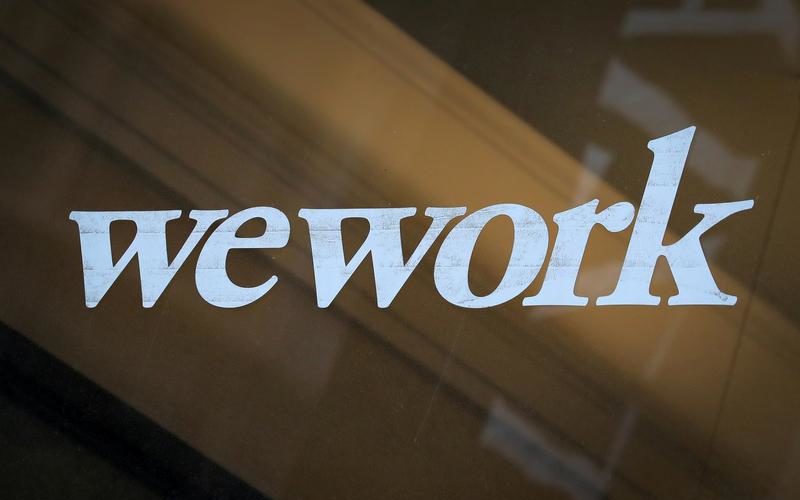BY ROBERT CYRAN
WeWork’s parent, The We Company, has provided one of the most convincing cases for avoiding an initial public offering since the debut of Snap two years ago. WeWork’s IPO may even be worse – and this is before considering valuation.
The shared-office provider’s 359-page prospectus has something for everyone to dislike: a convoluted ownership structure, reams of related-party transactions, conflicts of interest, absurdly bespoke estimates of addressable markets and an overlay of inspirational tech gibberish. Easiest to loathe is WeWork’s continued massive cash burn.
Like Snap, whose shares trade below their 2017 IPO price, prospective investors in WeWork are being offered little say in how the company is run, thanks to three classes of stock with insiders holding B and C shares carrying multiple voting rights. Its organizational structure is a Christmas tree of subsidiaries, joint-ventures and an acquisition and management platform.
The muted voice for investors is a problem compounded by potential conflicts of interest laid out in 11 pages explaining related-party transactions. Chief among them: WeWork leases space in buildings owned by co-founder Adam Neumann and other directors. WeWork says it may enter more of these in the future. Underwriters UBS, JPMorgan and Credit Suisse have provided Neumann with a $500 million line of credit, with shares provided as collateral, of which he has tapped about $380 million.
WeWork dangles two shiny lures to new investors. The first is the sort of inspirational language seen on cat posters: “We dedicate this to the energy of we – greater than any one of us but inside each of us.” The second tactic, of estimating a total opportunity in 280 targeted cities worldwide of $3 trillion is probably less believable. To put that in context, it’s equivalent to about 15% of America’s GDP.
What’s inarguable is the juvenile firm’s ability to lose money. Revenue in the first six months of 2019 almost doubled to $1.5 billion from the same period last year. But operating losses grew even faster, from $678 million to $1.4 billion. Easy money and economic growth since its 2010 founding have allowed WeWork to expand this fast while burning through cash. In that sense, WeWork is a poster child of the longest U.S. economic recovery on record, and an era where money is virtually free. Caveat emptor.
First published Aug. 14, 2019
(Image: REUTERS/Brendan McDermid)
